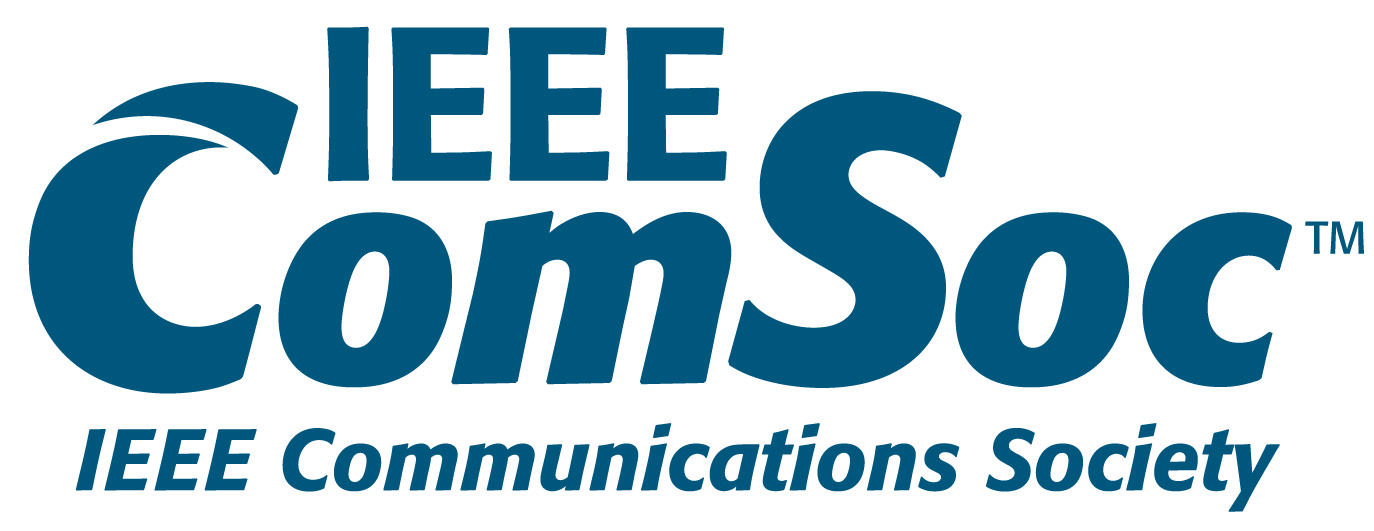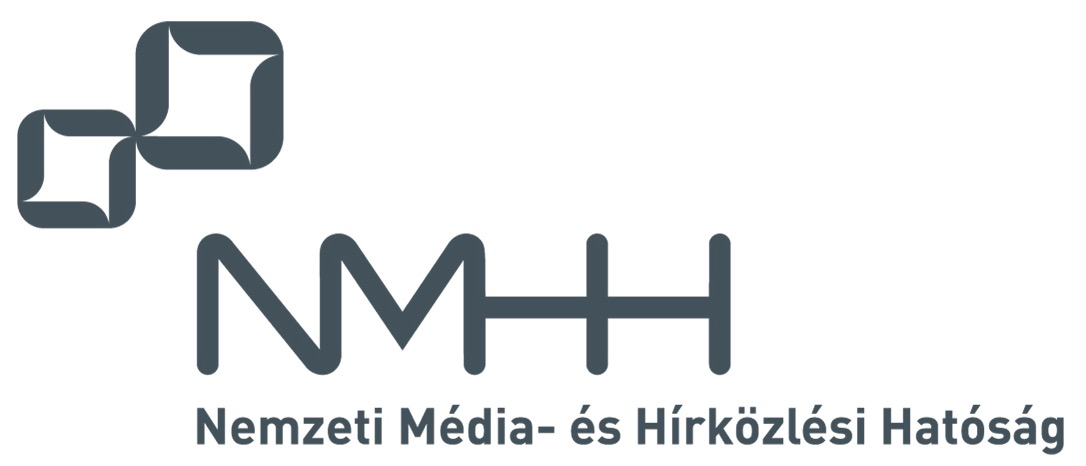Levente Alekszejenkó and Tadeusz Dobrowiecki
Adapting IT Algorithms and Protocols to an Intelligent Urban Traffic Control
Autonomous vehicles, communicating with each other and with the urban infrastructure as well, open opportunity to introduce new, complex and effective behaviours to theintelligent traffic systems. Such systems can be perceived quite naturally as hierarchically built intelligent multi-agent systems, with the decision making based upon well-defined and profoundly tested mathematical algorithms, borrowed e.g. from the field of information technology. In this article, two examples of how to adapt such algorithms to the intelligent urban traffic are presented. Since the optimal and fair timing of the traffic lights is crucial in the traffic control, we show how a simple Round-Robin scheduler and Minimal Destination Distance First scheduling (adaptation of the theoretically optimal Shortest Job First scheduler) were implemented and tested for traffic light control. Another example is the mitigation of the congested traffic using the analogy of the Explicit Congestion Notification (ECN) protocol of the computer networks. We show that the optimal scheduling based traffic light control can handle roughly the same complexity of the traffic as the traditional light programs in the nominal case. However, in extraordinary and especially fastly evolving situations, the intelligent solutions can clearly outperform the traditional ones. The ECN based method can successfully limit the traffic flowing through bounded areas. That way the number of passing-through vehicles in e.g. residential areas may be reduced, making them more comfortable congestion-free zones in a city.
Reference:
DOI: 10.36244/ICJ.2020.2.8
Please cite this paper the following way:
Levente Alekszejenkó, Tadeusz Dobrowiecki, "Adapting IT Algorithms and Protocols to an Intelligent Urban Traffic Control", Infocommunications Journal, Vol. XII, No 2, July 2020, pp. 57-62. DOI: 10.36244/ICJ.2020.2.8





